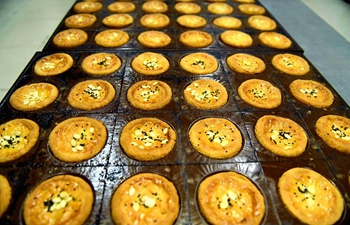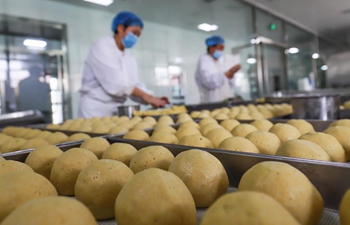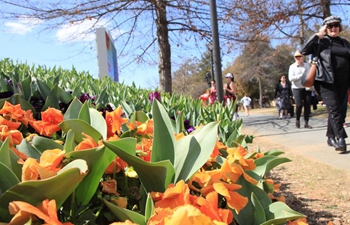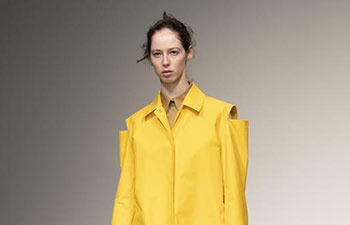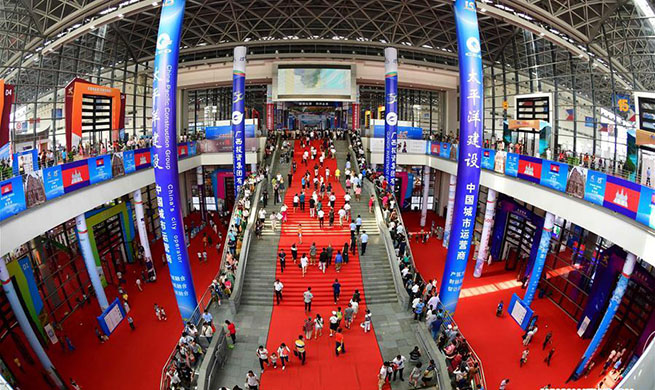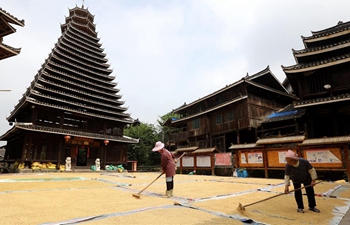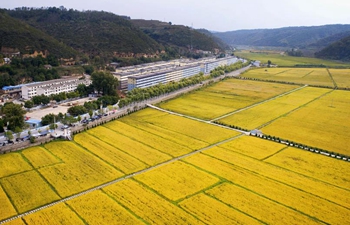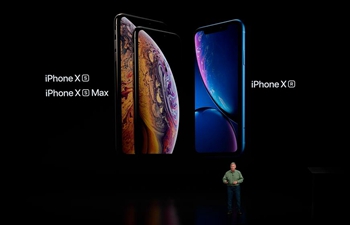ATHENS, Sept. 15 (Xinhua) -- After being hospitalized with methanol poisoning, 27-year-old Rafael Kourmoulakis, a young Chemical Engineer researcher, decided to help people from fake spirits that can be dangerous for health.
Counterfeit spirits often contain dangerous levels of methanol, a chemical used in antifreeze, which can cause sore throats, dizziness, sickness and even blindness.
"When I was young, and first-year student at the Chemical Engineering Department in Patras I was hospitalized with methanol poisoning. So, I have seen that prevention does not exist and prevention has to come finally," Rafael Kourmoulakis told Xinhua in a recent interview in Athens.
His test that is currently in an experimental stage can distinguish the counterfeited drink from the authentic one. "Clear drink", as he has thought to name the test, will be portable into a small box with valves and a capsule and can be sold to drugstores like pregnancy tests.
"Possible every drink can be adulterated and the consumer can be poisoned. But with this test for the first time in human history, we will have portable and instant prevention. We will have the first alarm which will say to the consumers: stop, don't drink," he explained.
The operation of the device will be very simple as the consumer with just a drop from the cocktail can see within a few seconds if it is fake or not.
"You can get two possible results; one for positive adulteration and one for negative adulteration with color. The test consists of two vials. When we inject the sample into the reactor all the stuff is kept liquid except methanol which is converted into hot carbon dioxide gas so the hot CO2 can be traced in the next vial with decolorization," Kourmoulakis said.
To safeguard his patent and his rights, the young researcher also addressed to the European patent office and the Industrial Property Organization.
"We have a report from the European patent office that states that no such test exists and besides that we have the international pre-search report from the Greek patent office which states that only tests for wine have been patented. So, this test is suitable for any drink," he explained.
According to the researcher, the test will be available not only to tourists and customers to bars, but to governmental authorities as well to tackle the tax evasion. Alcohol counterfeiting comes with potential health, economic and social consequences.
Tax increases in the spirits industry offer a fertile ground for the black market to flourish reinforcing incentives for tax evasion, smuggling, and fraud.
In the last 20 years, Greece has seen eight tax hikes in spirits, with four within the space of 18 months, from 2009 to 2010, sending the special consumption tax soaring 125 percent.
The increase in excise duties covering alcohol and alcoholic drinks is the highest among the EU neighboring and competitive touristic countries resulting to cross-border illegal trade and smuggling.
According to the latest study conducted by the Athens- based Foundation for Economic and Industrial Research (IOBE), the state's lost revenues from the illegal trade in alcoholic drinks is estimated at between 90 and 147 million euros per year.
The lost revenues reach up to 430 million euros per year if one adds the consequences of illegal alcohol trading on the entire supply chain and not just production.
Kourmoulakis is in search of investors to produce the test at a large industrial scale, since "Clear drink" is in experimental stage.
"My intention is to find someone to invest," he said as his dream is the device to be in the pocket of every consumer starting from Greece and gradually spreading all over the world.
